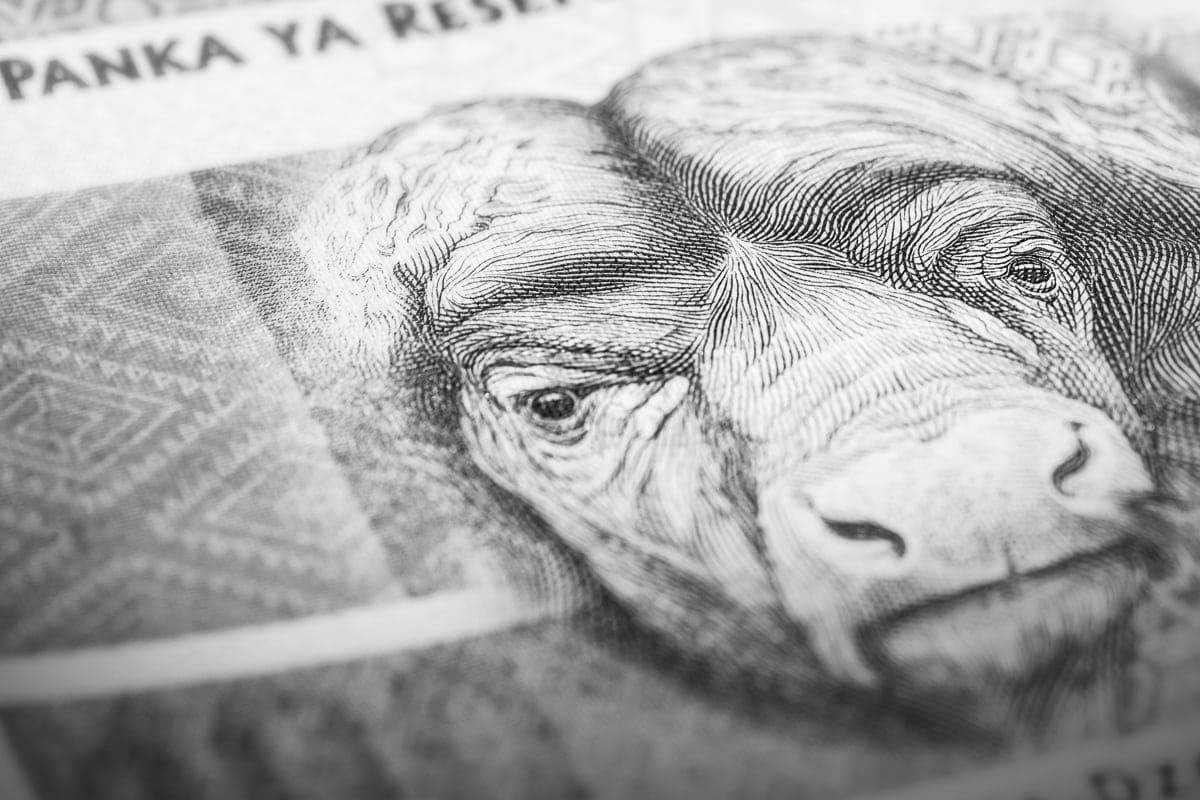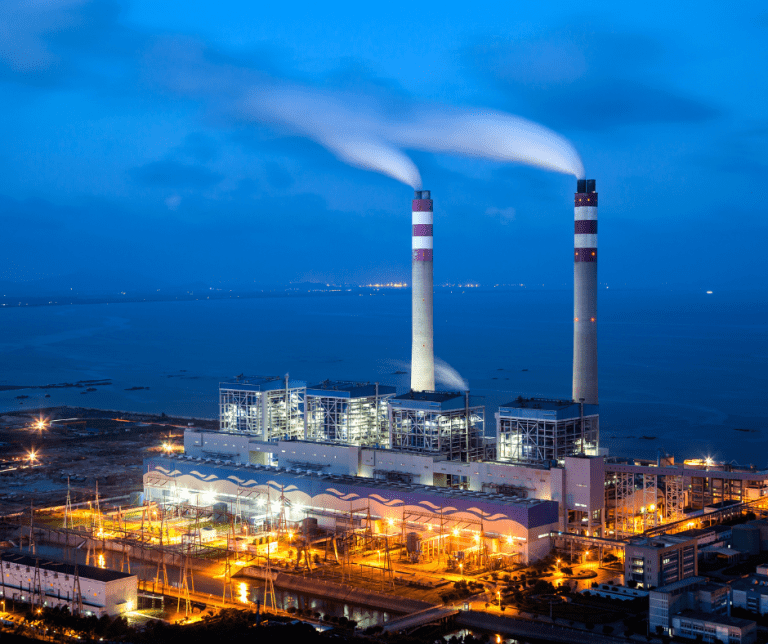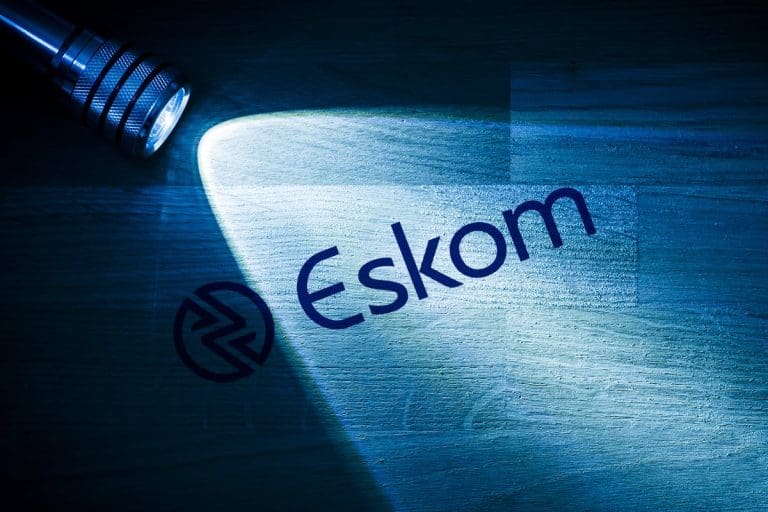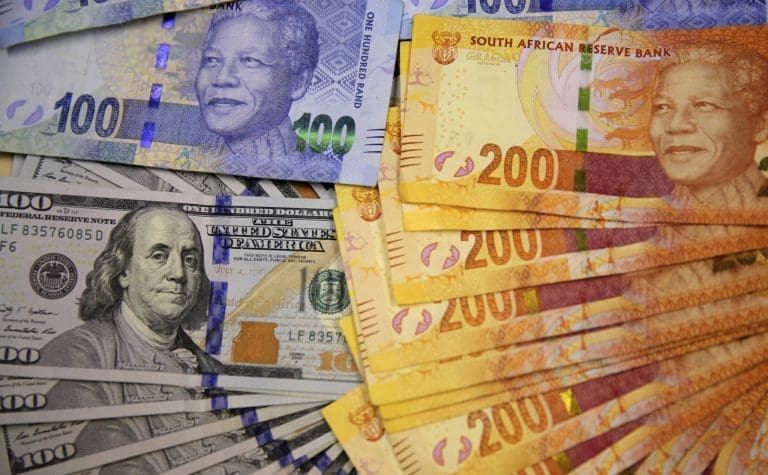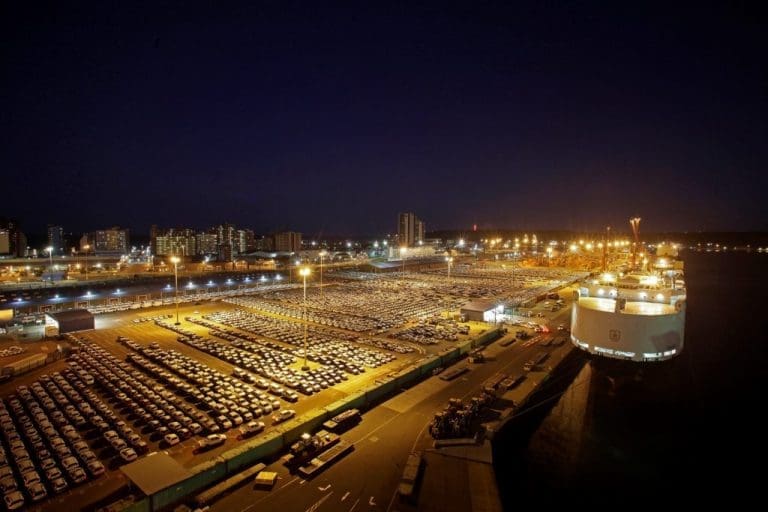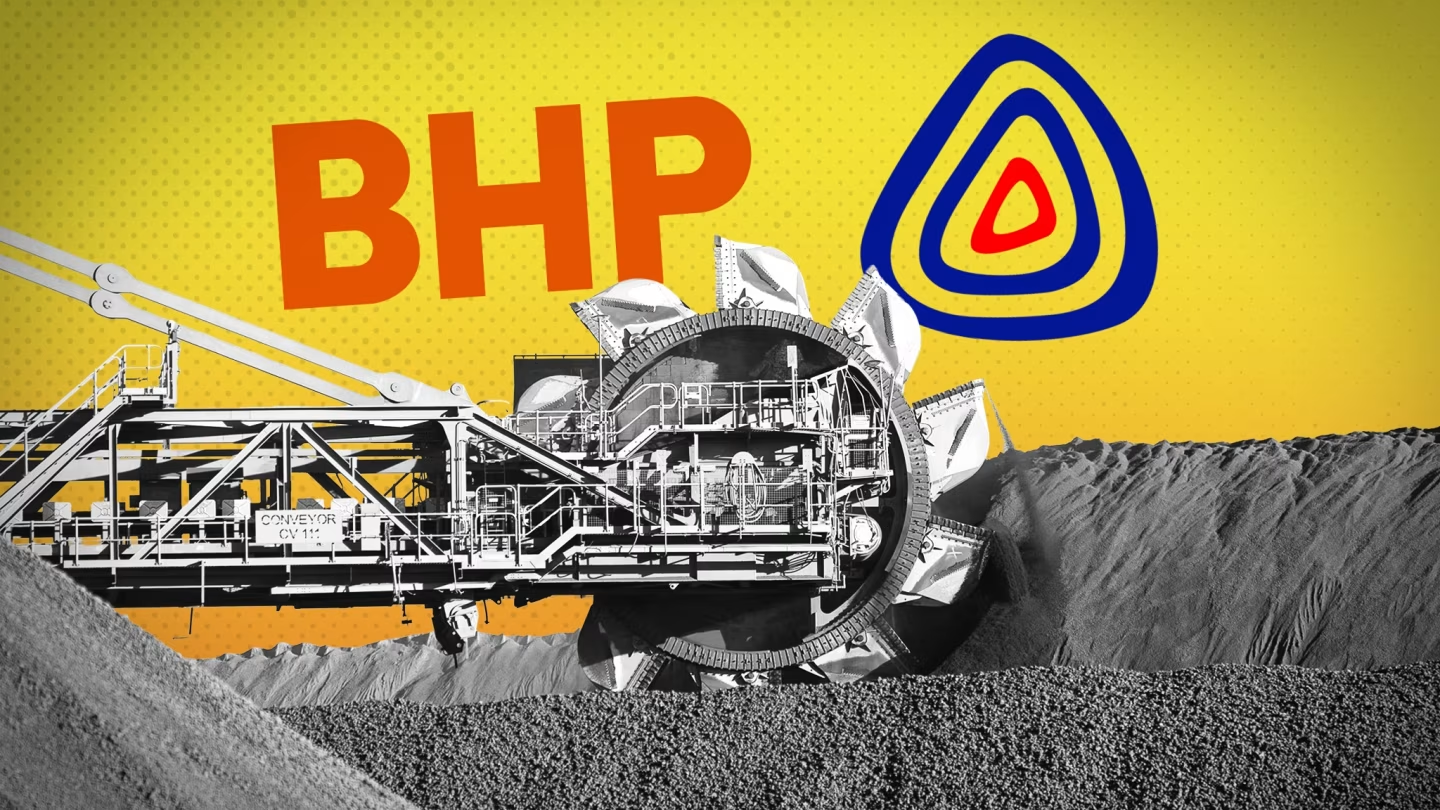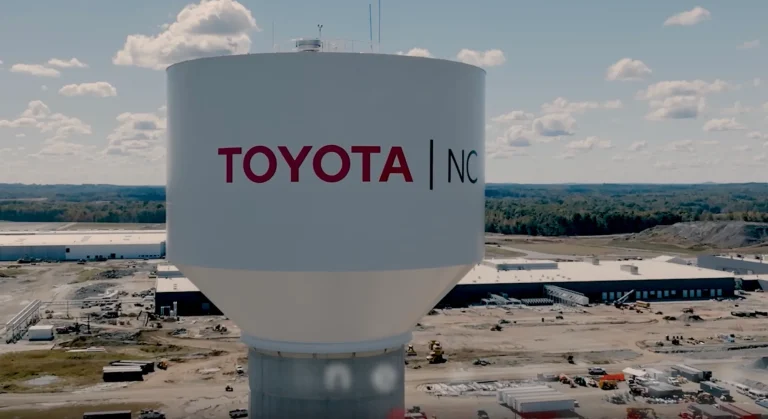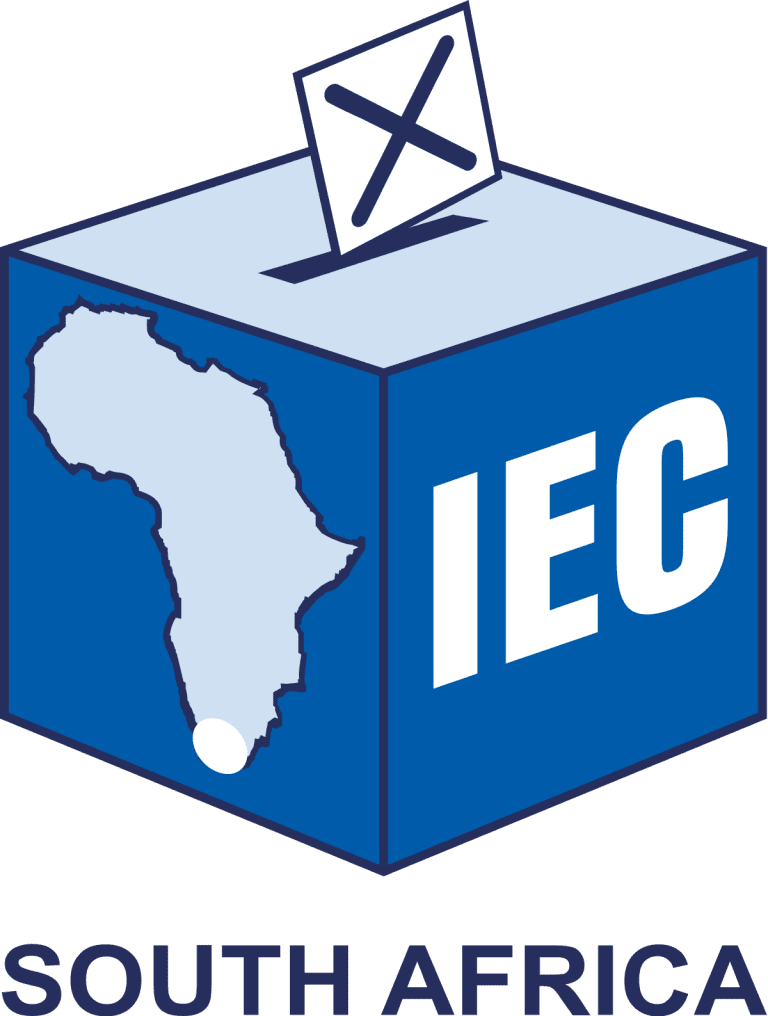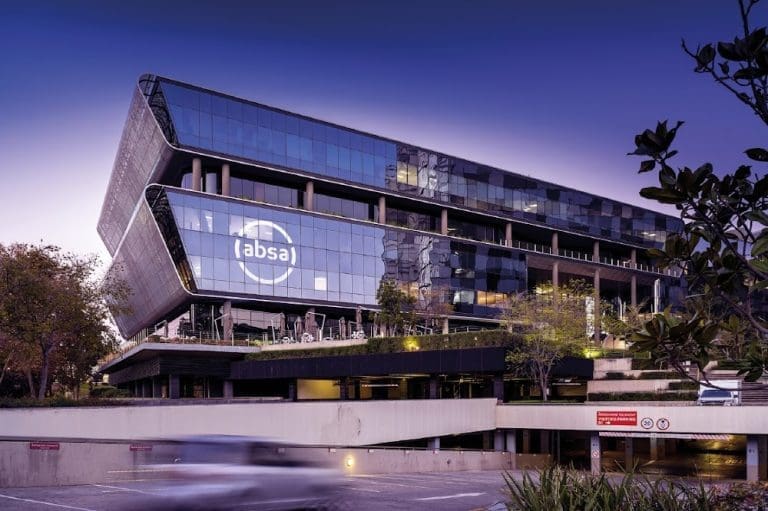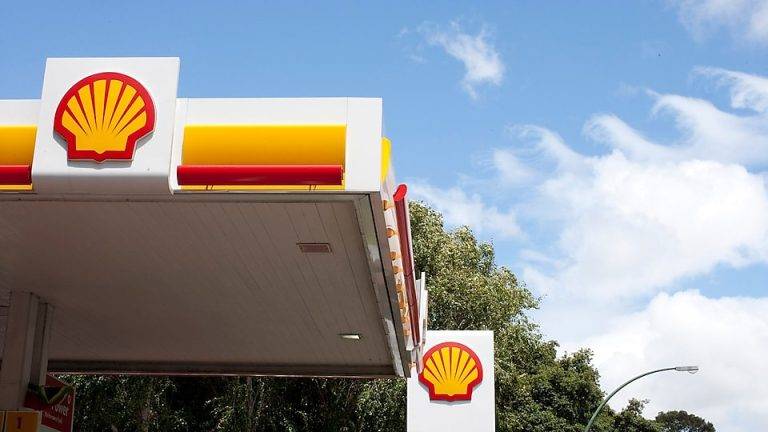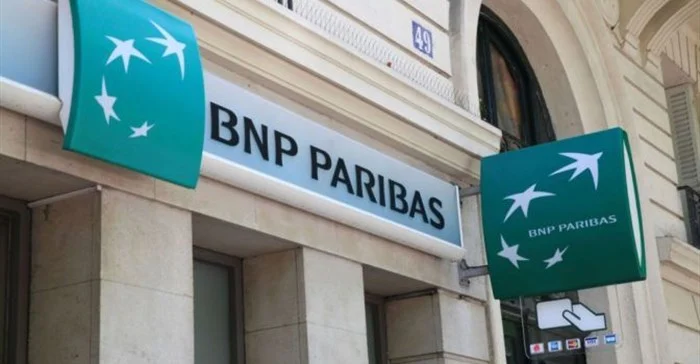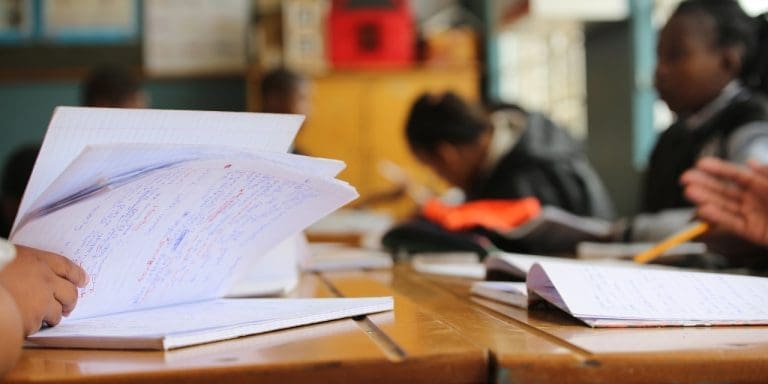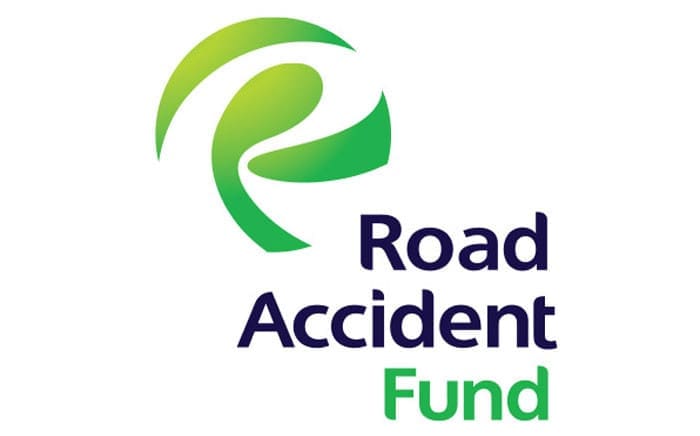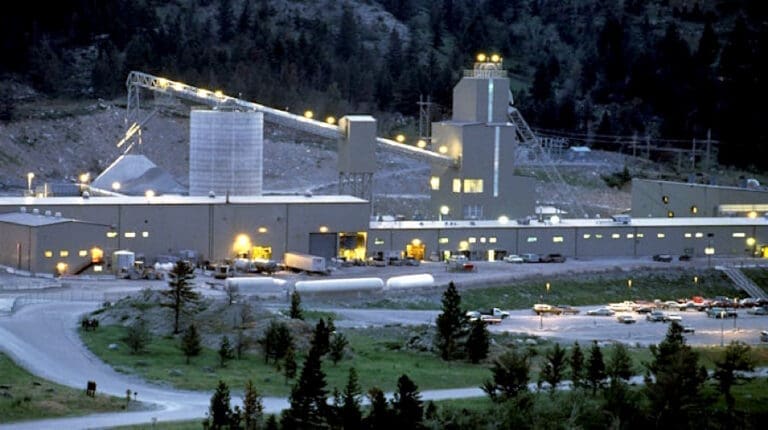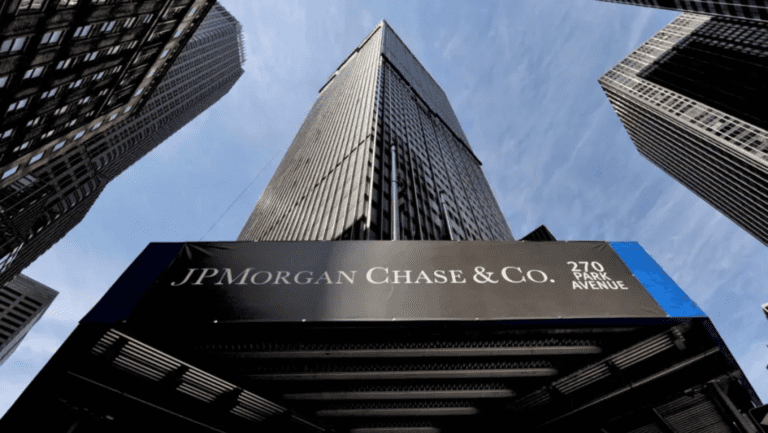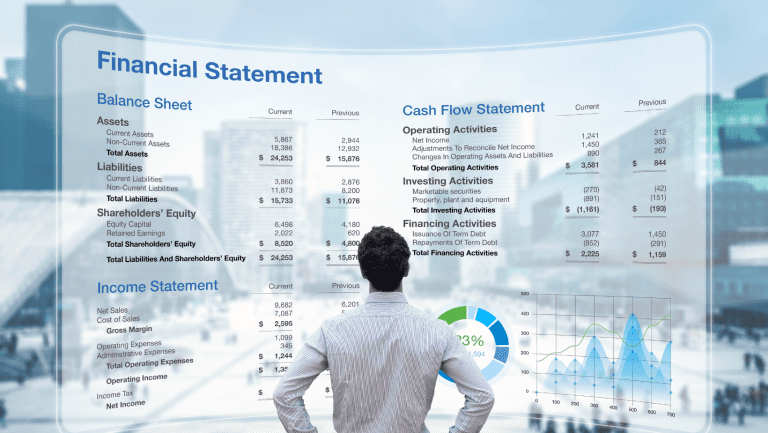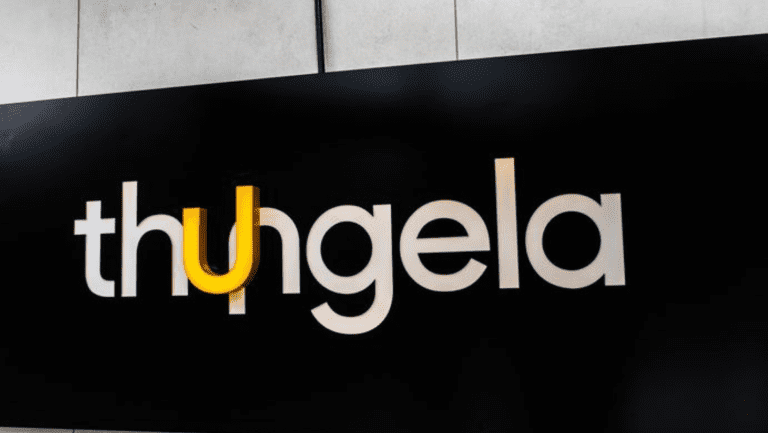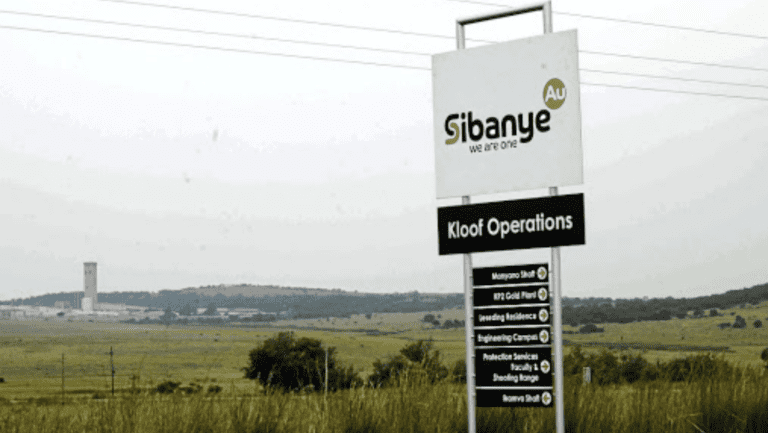Troubles brewing for South Africa’s economy have surfaced in the Q3 2023 GDP figures, indicating a worrisome trend likely to persist in the foreseeable future. Economists are predicting a disappointing outlook, with minimal prospects for immediate improvement.
Investec’s analysis underscores a concerning contraction, expecting the GDP in Q3 2023 to have shrunk by -0.3% when assessed on a quarter-on-quarter seasonally adjusted basis (qqsa). This decline follows a modest 0.6% increase qqsa in Q2 2023. The slump primarily resulted from a decline in industrial production, a sector contributing nearly 20% to the country’s GDP.
Lara Hodes from Investec attributed this downturn to various factors, citing a substantial -1.2% qqsa decrease in industrial production during Q3. The persistence of rotational load shedding, logistical constraints, and global fragility significantly hampered mining and manufacturing outputs during this period.
While Investec’s forecast presents a pessimistic scenario, Nedbank’s outlook isn’t overly optimistic either. Nedbank expects a meager 0.1% growth in Q3, a marginal improvement but still reflective of a sluggish economy.
Despite some advancements in electricity supply, Nedbank highlighted lingering concerns regarding unresolved energy issues. Operational setbacks at Transnet compounded these issues, resulting in significant delays at ports. Shockingly, thousands of containers were reported stuck outside Eastern Cape’s ports and Durban’s port, signifying a substantial logistical bottleneck affecting trade and economic activities.
The official GDP figures for Q3 2023 are scheduled for release on 5 December 2023 at 11h30, which will provide a comprehensive overview of the economic landscape during that period.
Looking ahead, the forecast for the remainder of 2023 and into 2024 remains bleak. Analysis based on October’s JP Morgan Global Composite PMI Survey reveals a stagnation in economic activity, primarily attributed to challenges in Europe, a vital trading partner for South Africa.
While some improvement is anticipated in the FNB/BER Consumer Confidence Index from its Q3 levels, the expected growth will likely remain within negative territory, indicating prevailing pessimism among consumers. High living costs, elevated interest rates, persistent power shortages, soaring unemployment, crime concerns, and political uncertainties collectively continue to dampen consumer sentiment.
Echoing Investec’s concerns, Nedbank reiterated the adverse impacts of the power crisis, weakened global demand, and declining international commodity prices on various industries. Despite a drop in inflation this year, the cumulative increase of 475 basis points in interest rates is expected to burden household finances, thereby further denting consumer confidence and demand.
Nedbank’s projections hint at minimal growth, estimating an additional 0.1% growth in Q4. Consequently, real GDP growth is anticipated to be restricted to a mere 0.7% in 2023, a significant drop from the 1.9% growth experienced in 2022.
The collective projections painted by financial institutions paint a challenging economic landscape for South Africa, requiring comprehensive and strategic interventions to mitigate the ongoing woes and pave the way for sustainable growth and recovery.


